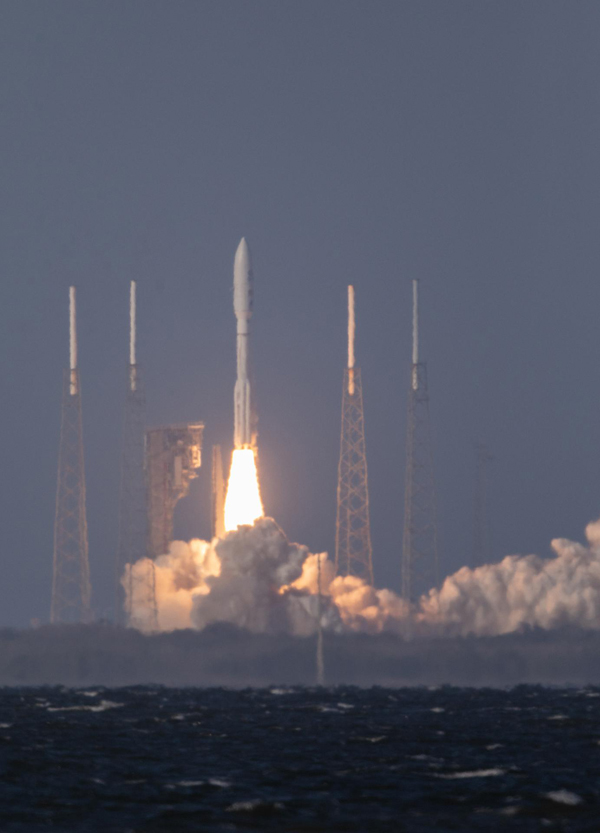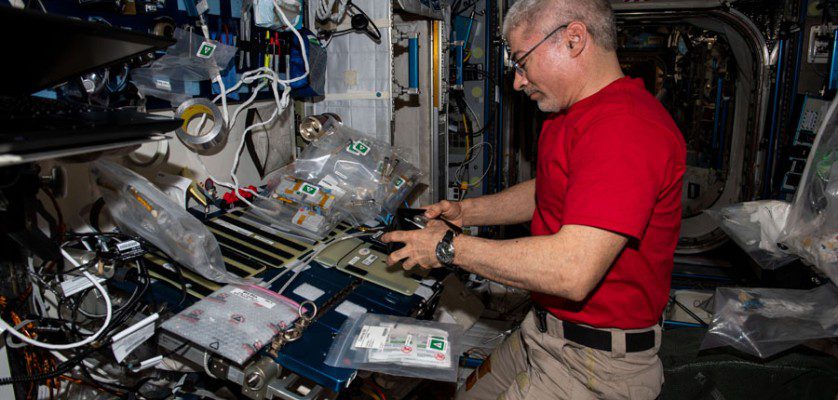Stuart Ibberson, Editor
The head of the Russian state space agency Roscosmos — Dmitry Rogozin — has said Russia will no longer service or provide rocket engines to the United States, as retaliation for economic sanctions imposed after the invasion of Ukraine.
“In a situation like this we can’t supply the United States with our world’s best rocket engines,” Rogozin said on Russian TV. “let them fly on something else, their broomsticks, I don’t know what.”
United Launch Alliance, jointly owned by Boeing and Lockheed Martin, uses Russian made RD-180 engines on its Atlas V rockets.
ULA says they currently have 24 rockets on hand, enough motors to continue with upcoming missions.
There are other options for ULA, however. The Vulcan rocket, made by Jeff Bezos’ Blue Origin could be used.
Additionally, Russia is cutting supplies of the RD-181 engine used in Northrop Grumman’s Antares rocket. Antares is used to send cargo and supplies to the International Space Station.
Rogozin went on to say that Roscosmos would focus on producing spacecraft for Russia’s defense ministry.
At the same time, Rogozin threatened the U.S.-Russian partnership that has kept the International Space Station in orbit for more than 20 years.
Russia “will closely monitor the actions of our American partners and, if they continue to be hostile, we will return to the question of the existence of the International Space Station.”
In his appearance on Russia Today, he said the United States would “want to maintain cooperation with Russia within the International Space Station despite numerous sanctions.”
“Why?” he asked. “Because it is impossible to manage the space station without us. We’re responsible for its navigation and fuel delivery.”
NASA is monitoring the situation.

Earlier this week, Kathy Lueders, NASA’s associate administrator for space operations, said the two space agencies “are still talking together. We’re still doing training together. We’re still working together. Obviously, we understand the global situation and where it is, but as a joint team, these teams are operating together.”
She added, “Obviously we need to continue to monitor the situation. We’ve operated in these kinds of situations before and both sides always operated very professionally and understand the importance of this fantastic mission and continuing to have peaceful relations between the two countries in space.”
Adding to the tension is the fact that NASA astronaut Mark Vande Hei is scheduled to return from the station with two Russian cosmonauts on a Russian spacecraft.











